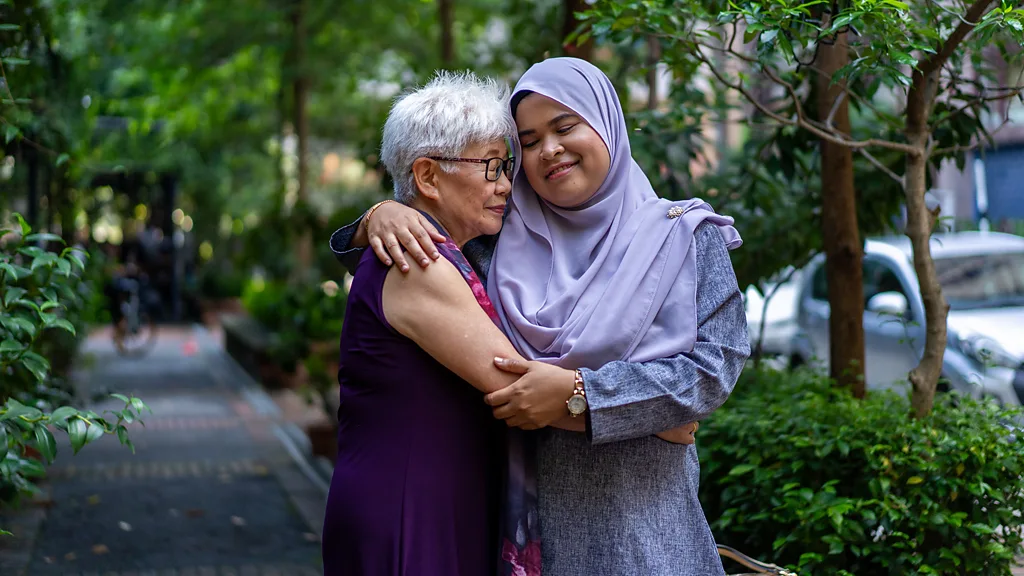ALTHOUGH Singapore and Malaysia share so much in common, especially history and food, both nations have always been pitted against each other, sadly with our beloved nation at the losing end.
Where currency strength is concerned, there really is no debate. However, one netizen has raised an interesting point which has been taken up by the online crowd for debate.
Here is how it goes:
Singapore has a cuisine and work culture similar like us, and yet they are one of the healthiest countries in the world. Why not us?
It’s the walking. It’s the cars. It’s the lack of public transport. It’s the motorbikes parked at the sidewalk. It’s the potholes riddled roads.
— nazeera 🍉 (@nzranasr) November 28, 2024
Since then, the comment section has been populated by netizens’ who either agreed or shared their own thoughts on the subject. Their replies were interesting.





But are Singaporeans on average healthier. A quick sweep across the world wide web suggests that this is true.
A recent report from the BBC highlighted the significant increase in life expectancy of Singaporeans over the past few decades.
A child born in 1960 was expected to live only to about 65, but today, children born in Singapore can anticipate living to more than 86, according to estimates.
In fact, the number of centenarians in Singapore doubled between 2010 and 2020. This remarkable improvement in longevity can be largely attributed to deliberate government policies and investments.
So impressive was this transformation that, in August 2023, Singapore was designated as the world’s sixth “Blue Zone”—a region known for its exceptionally long life expectancy.
Dr. Laureen Wang, a cardiologist and head of the Well Programme at Alexandra Hospital, explained to CNA that Singapore’s high life expectancy is the result of several factors.
These includes stable governance, economic security, accessible healthcare, and effective public health policies.
Notable programs like childhood immunisations and the country’s handling of the COVID-19 pandemic have played key roles.
Social factors, too, have contributed, including a high literacy rate and strong social support systems—partly due to Singapore’s close-knit, family-oriented culture.
Medical advancements, particularly those reducing maternal and child mortality, alongside a robust healthcare system, have further helped increase life expectancy, particularly for people with chronic conditions.
Collectively, these factors have resulted in a remarkable 20-year increase in the average lifespan of Singaporeans since the 1960s. —Nov 29, 2024
Main image: BBC









